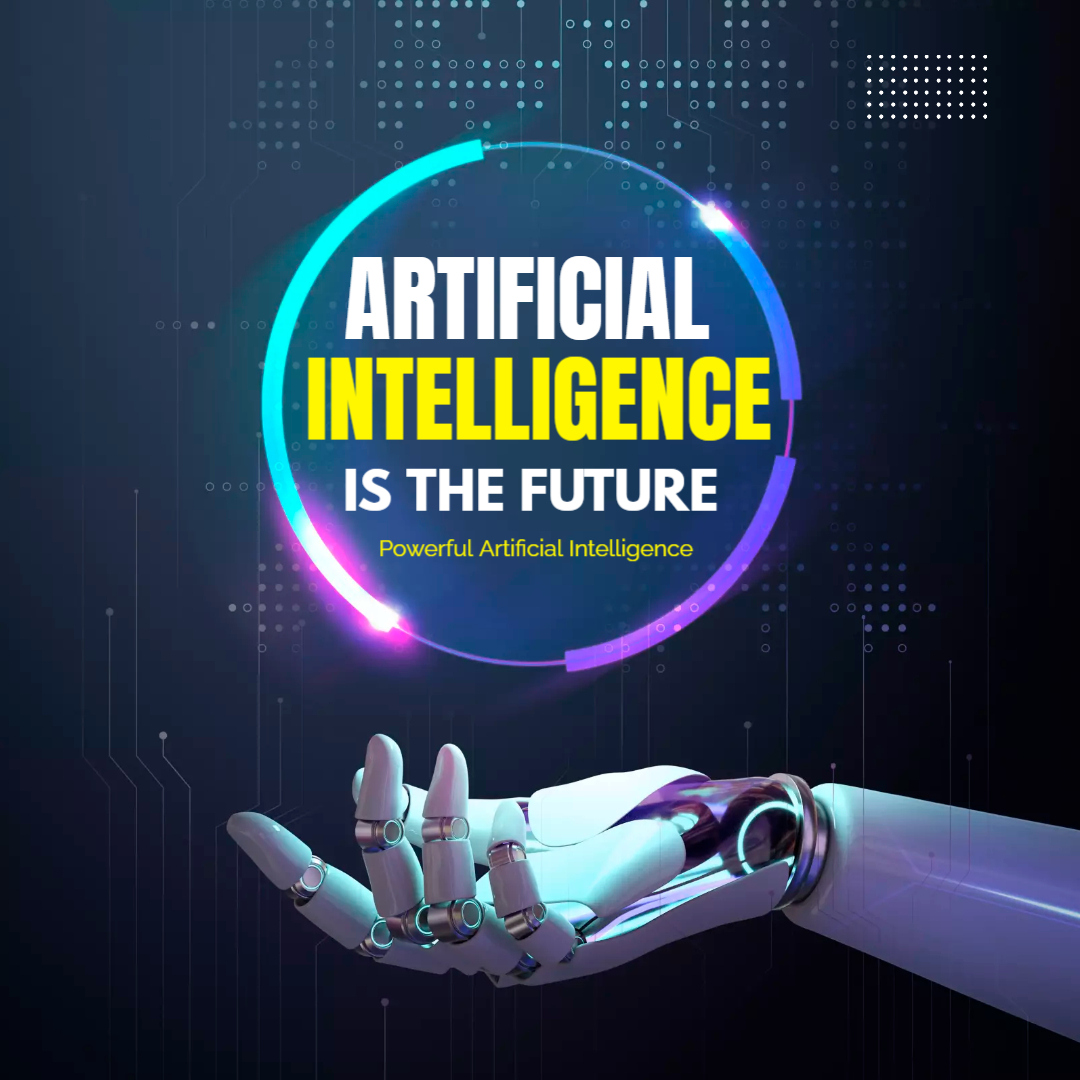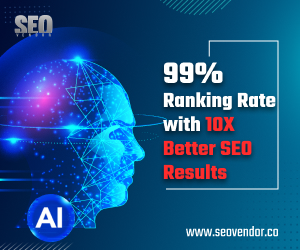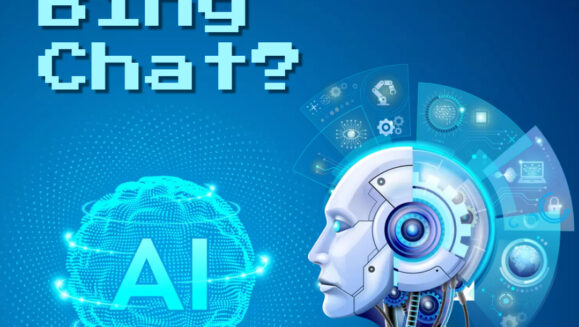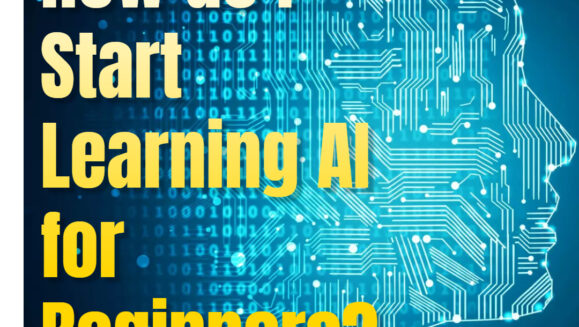Artificial Intelligence, often abbreviated as AI, is a transformative field of computer science that aims to create machines capable of intelligent behavior. This encompasses learning, problem-solving, language comprehension, and even autonomous action. The journey of AI has been nothing short of extraordinary, evolving from conceptual theories to real-world applications that permeate various industries.
Fundamental Concepts of AI
At the heart of AI are several foundational concepts:
Machine Learning
Machine Learning is a subset of AI that focuses on enabling machines to learn from data without being explicitly programmed. Through algorithms, machines recognize patterns and make informed decisions.
Deep Learning
Deep Learning takes inspiration from the human brain’s neural network structure. It involves complex algorithms, or “neural networks,” that analyze data in layers to derive intricate insights.
Natural Language Processing (NLP)
NLP enables machines to understand and generate human language, revolutionizing communication between humans and machines.
Computer Vision
This facet of AI grants machines the ability to interpret visual information, a crucial component in tasks like image recognition and object tracking.
Robotics
Combining AI with robotics leads to the creation of intelligent machines capable of performing complex tasks, from autonomous vehicles to surgical robots.
Types of Artificial Intelligence
AI is categorized into three primary types:
Narrow or Weak AI
Narrow AI is designed to perform a specific task proficiently, such as virtual personal assistants like Siri or Alexa.
General or Strong AI
General AI, a hypothetical concept, would possess human-like intelligence and the ability to perform any intellectual task that a human being can.
Artificial Superintelligence
This theoretical form of AI would surpass human intelligence across all domains, potentially revolutionizing society in unforeseeable ways.
Applications of AI in Various Industries
The impact of AI is felt across numerous sectors:
Healthcare and Medicine
From diagnostics to personalized treatment plans, AI is revolutionizing healthcare, leading to more accurate and efficient patient care.
Finance and Banking
AI-driven algorithms optimize financial processes, from fraud detection to investment strategies, enhancing efficiency and security.
Marketing and Advertising
In the realm of marketing, AI enables hyper-targeted advertising, personalized customer experiences, and data-driven decision-making.
Transportation and Logistics
AI powers innovations like autonomous vehicles and optimization algorithms, promising safer and more efficient transportation systems.
Education and E-learning
Personalized learning experiences and intelligent content delivery systems are reshaping education, catering to diverse learning styles.
Ethical Considerations in AI
As AI becomes more integrated into our lives, ethical considerations come to the forefront:
Bias and Fairness in Algorithms
Ensuring fairness and mitigating biases in AI algorithms is crucial to prevent perpetuating societal inequalities.
Privacy and Data Security
AI systems must handle sensitive information responsibly, with robust measures in place to protect user privacy.
Accountability and Transparency
Transparent AI systems and clear lines of accountability are essential for building trust between humans and intelligent machines.
Human-AI Interaction
Understanding and improving the interface between humans and AI is vital for effective collaboration and usability.
Challenges and Limitations of AI
Despite its potential, AI faces several challenges:
Data Dependency
AI systems rely heavily on quality data, and issues with data quality or availability can hinder performance.
Explainability and Interpretability
The “black box” nature of some AI models can make it difficult to understand their decision-making process, raising questions about trust and accountability.
Ethical Dilemmas
Determining the ethical boundaries of AI applications, particularly in sensitive areas like healthcare and criminal justice, is a complex and ongoing discussion.
Technological Advancements
Staying at the cutting edge of AI requires continuous learning and adaptation, as the field is rapidly evolving.
AI in Popular Culture and Media
AI has captivated our imaginations through various forms of entertainment:
Portrayal in Movies and TV Shows
From “2001: A Space Odyssey” to “Ex Machina,” AI has been a staple of science fiction, often exploring themes of sentience and human-AI relationships.
AI in Literature and Fiction
Authors like Isaac Asimov and Philip K. Dick have delved into the philosophical and ethical implications of AI in their works.
Impact on Public Perception
Media representations shape public opinion on AI, influencing how we perceive its capabilities and potential risks.
The Future of Artificial Intelligence
Innovations on the Horizon
Advancements in AI research are poised to bring about breakthroughs in areas like natural language understanding, unsupervised learning, and more.
Integration with Other Technologies
AI’s synergy with quantum computing, blockchain, and other emerging technologies promises to unlock new frontiers in innovation.
Potential Societal Transformations
The widespread adoption of AI could lead to paradigm shifts in industries, economies, and even the way we perceive work and leisure.

How to Get Started with AI
For those eager to embark on their AI journey:
Educational Resources and Courses
Online courses, workshops, and academic programs offer a wide range of options for learning about AI.
Tools and Platforms for Experimentation
Open-source libraries and platforms provide hands-on experience for experimenting with AI algorithms and models.
Joining AI Communities and Forums
Engaging with like-minded enthusiasts, researchers, and professionals can provide valuable insights and networking opportunities.
Frequently Asked Questions about AI
Addressing common queries about AI:
What are the ethical concerns with AI?
Ethical considerations in AI pertain to issues like bias, privacy, and accountability, which are central to responsible AI development and deployment.
Can AI replace human jobs entirely?
While AI can automate certain tasks, it is more likely to augment human capabilities, leading to the creation of new job roles and opportunities.
How is AI different from human intelligence?
AI replicates specific aspects of human intelligence, such as pattern recognition and decision-making, but lacks true consciousness, emotions, and creativity.
Glossary of AI Terminology
To navigate the world of AI, familiarize yourself with these key terms:
Algorithm
A set of rules or instructions followed by a computer program to perform a specific task or solve a problem.
Neural Network
A computational model inspired by the structure of the human brain, composed of interconnected nodes that process information.
Turing Test
A test devised by Alan Turing to determine a machine’s ability to exhibit intelligent behavior indistinguishable from that of a human.
Reinforcement Learning
A machine learning paradigm where an agent learns through trial and error, receiving rewards or penalties based on its actions.
Virtual Assistant
An AI-driven software program designed to perform tasks or provide information based on natural language commands.
Notable Figures and Pioneers in AI
These visionaries have shaped the landscape of AI:
Alan Turing
Renowned for his contributions to computer science and AI, Turing’s work laid the foundation for modern computing.
John McCarthy
Coined the term “Artificial Intelligence” and was instrumental in organizing the Dartmouth Conference, a pivotal moment in AI history.
Yoshua Bengio
A leading figure in the field of Deep Learning, Bengio’s contributions have significantly advanced our understanding of neural networks.
Fei-Fei Li
A trailblazer in Computer Vision and co-director of the Stanford Institute for Human-Centered Artificial Intelligence.
Elon Musk
Known for his ventures in technology, Musk has been a vocal advocate for responsible AI development and its potential impact on society.
AI in Art and Creativity
AI’s foray into the realm of creativity:
Generative Art
AI algorithms create original artworks, blurring the lines between human and machine creativity.
AI-Generated Music
From composing symphonies to generating personalized playlists, AI is making waves in the music industry.
Creative Writing with AI Assistance
Tools utilizing natural language processing can aid in content creation, offering suggestions and generating text.
Regulations and Standards in AI
Navigating the ethical and legal landscape of AI:
Government Policies and Initiatives
Governments are developing policies to regulate AI applications, ensuring responsible and ethical use.
Industry Best Practices
Professional organizations and associations are establishing guidelines to promote ethical AI development and deployment.
AI and Environmental Sustainability
AI’s role in creating a greener future:
Applications in Conservation and Ecology
AI aids in tasks like species identification, habitat monitoring, and predictive modeling for environmental conservation.
Resource Optimization through AI
AI-driven solutions contribute to efficient resource allocation, reducing waste and environmental impact.
Case Studies: Real-world AI Implementations
Real-world examples showcase the power of AI:
Self-driving Cars
Companies like Tesla and Waymo are pioneering autonomous vehicle technology, potentially revolutionizing transportation.
Virtual Personal Assistants
Platforms like Google Assistant and Amazon’s Alexa enhance productivity and convenience through voice-activated AI.
Healthcare Diagnostics
AI-powered diagnostic tools are improving accuracy and speed in medical assessments, ultimately saving lives.
AI and Human Augmentation
Empowering humans through AI:
Prosthetics and Exoskeletons
AI-driven prosthetics and exoskeletons enhance mobility and quality of life for individuals with physical disabilities.
Cognitive Enhancements
AI-based cognitive tools offer support for individuals with neurodivergent conditions, unlocking new potentials.
Exploring AI in Quantum Computing
A synergistic future for AI and quantum computing:
Synergies and Possibilities
The marriage of AI and quantum computing holds promise for solving complex problems that were once deemed insurmountable.



